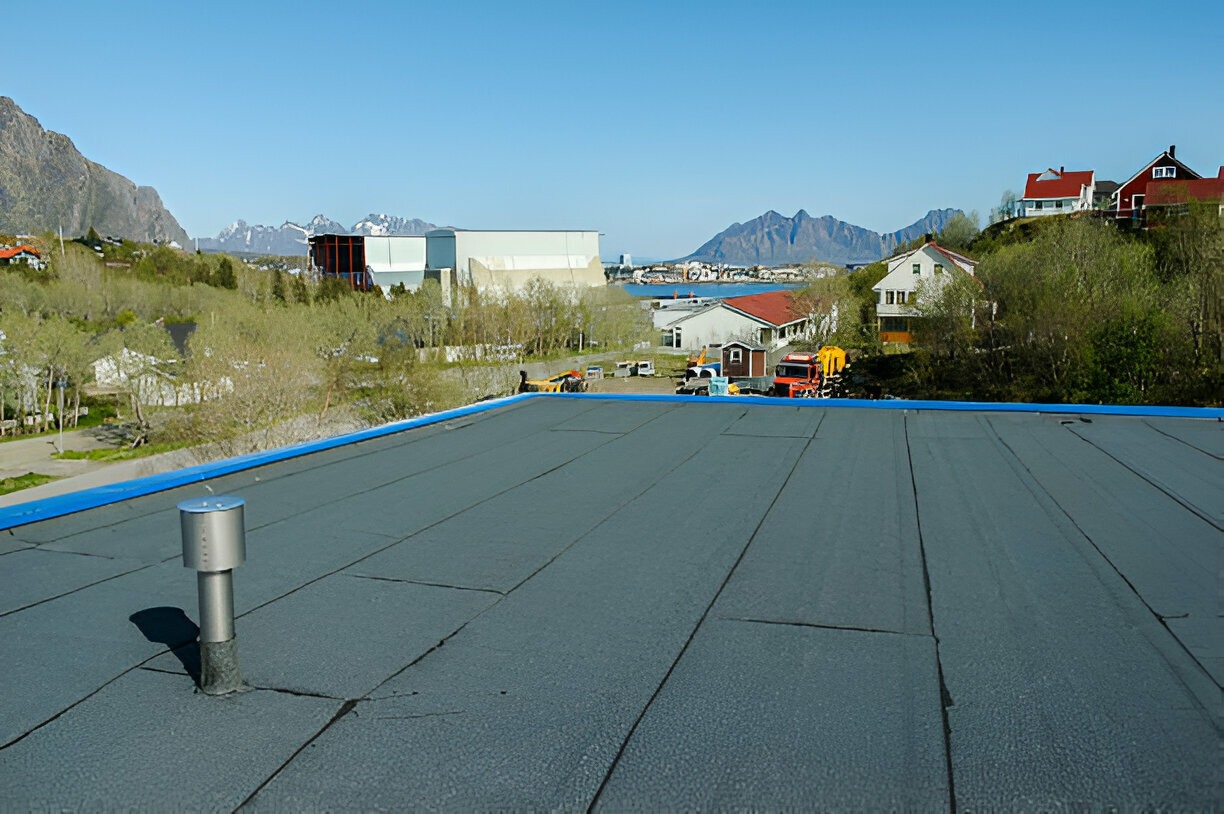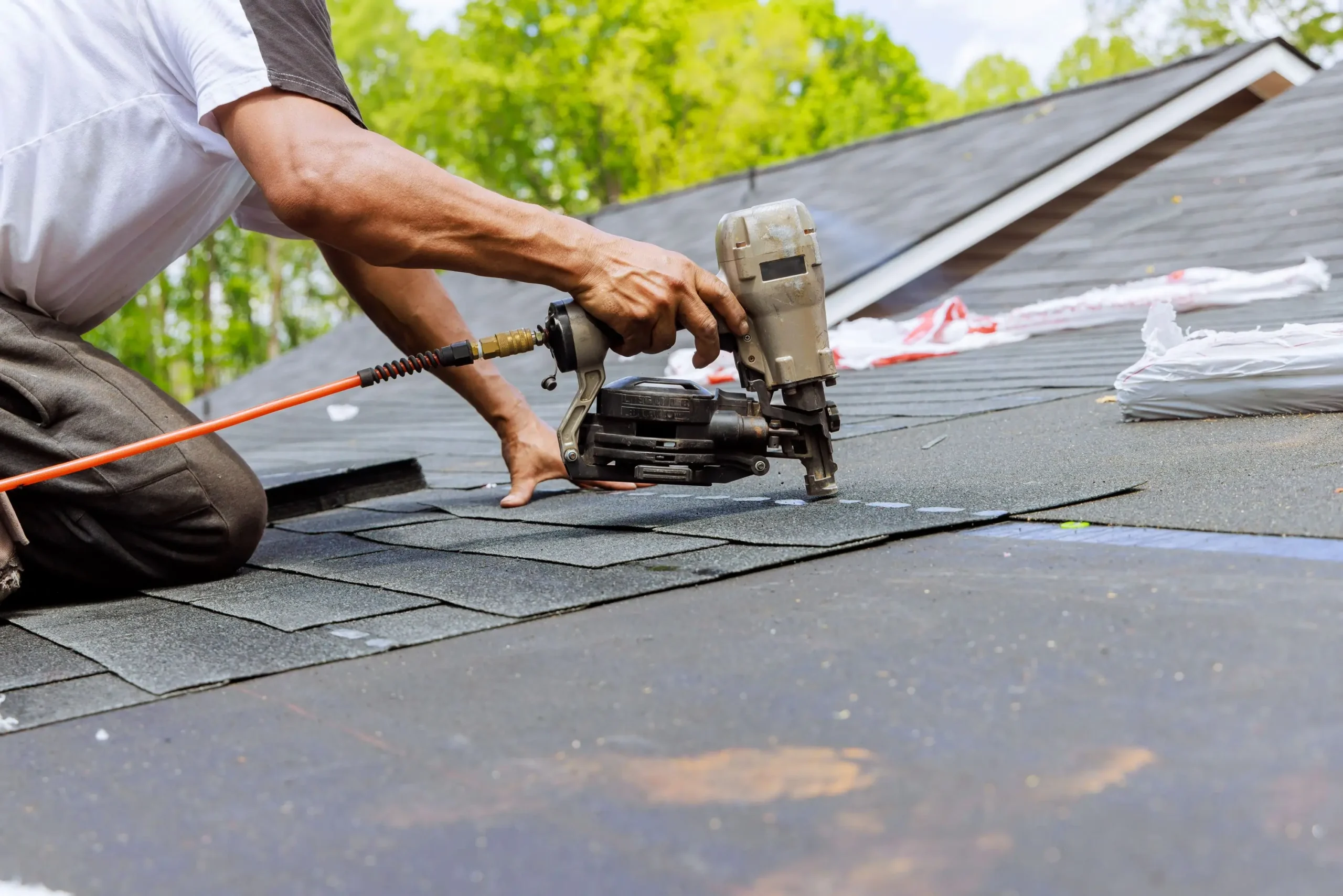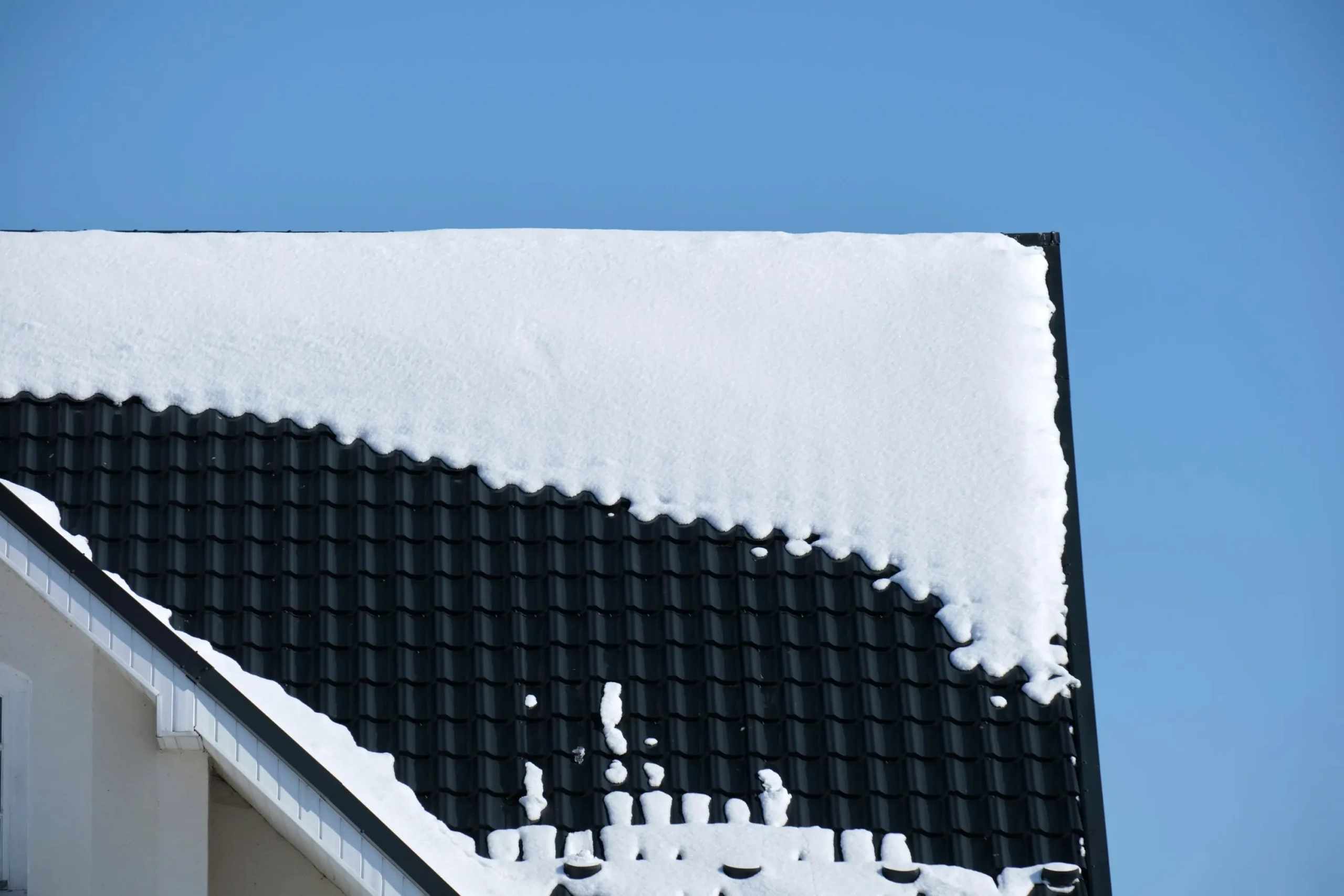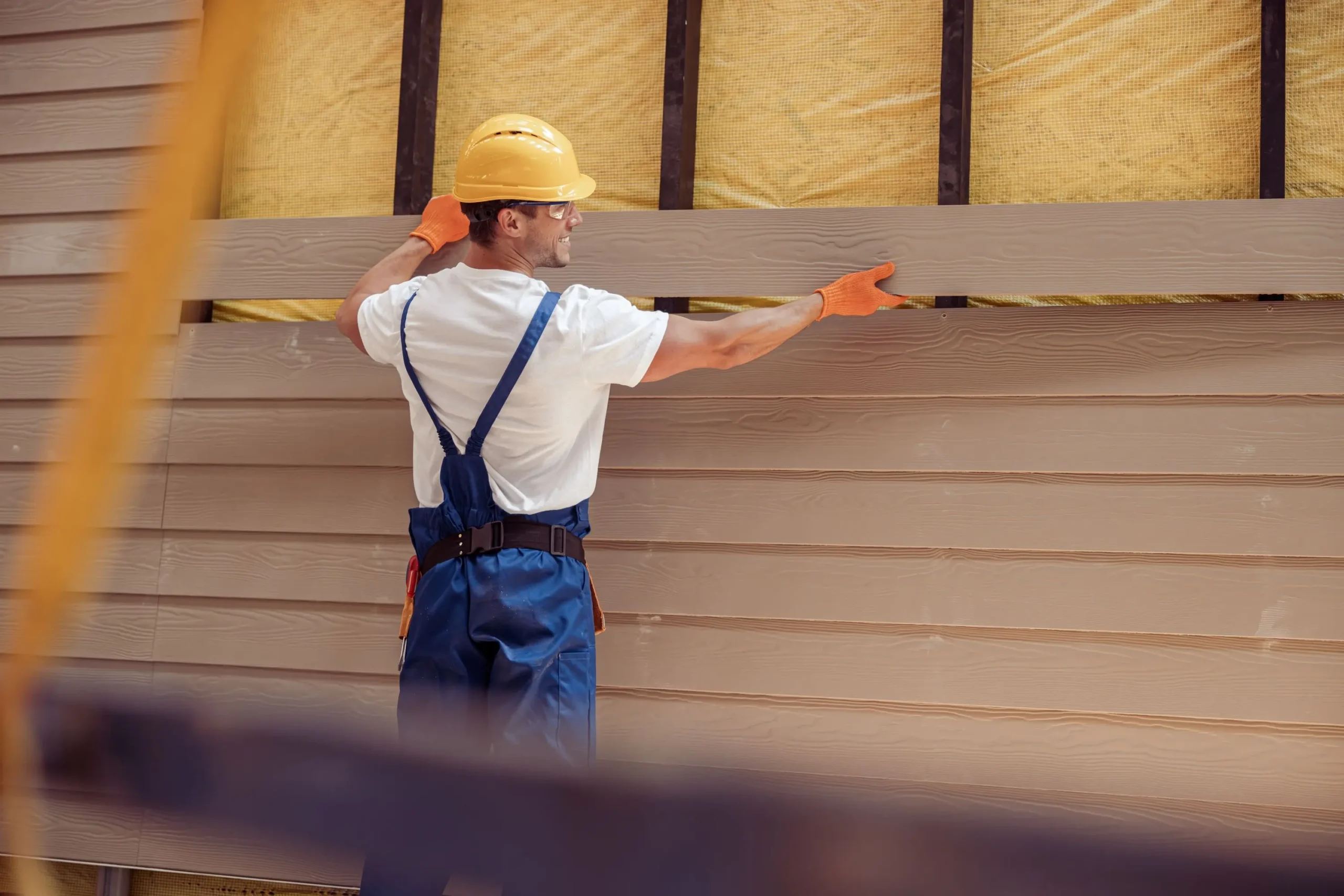A Super Easy Guide for Homeowners
This type of leakage on roofs can sometimes occur.
Waterpenetrations produce leakage. Leaking roofs
cause moisture to soak walls, ceilings, and floors.
But here’s the good news:
Maintenance of flat roofs does not require specialized
training as a roofer or builder. Just follow these easy steps.
Why Do Flat Roofs Leak?
Flat roofs are not 100% flat. The roofs are built with a slight
downward incline which enables water drainage. Water stays on
the roof surfaces during occasions when it fails to drain off. The presence
of water on the roof surface leads to multiple different types
of problems including:
Cracks
Small holes
Bubbles on the roof surface
Weak or soft spots
The leakage may develop from two main sources:
Old roofing material
Too much rain or snow
Clogged roof drains
Things You Will Need
Start by getting the following items before commencing work.
A suitable ladder serves as your tool to reach the roof surface.
The required supplies include a broom combined with a dry
cloth as well as a container of water.
The solution you need is either flat roof tape or roof sealant which
acts as a leak-filling glue.
Better protection results when using gloves together with waterproof
coverings to safeguard both your hands and keep them clean.
The evaluation requires water inside a bottle or container.
The majority of hardware outlets sell both roof tape along sealant.
You Can Stop the Leak According to this Detailed Guide
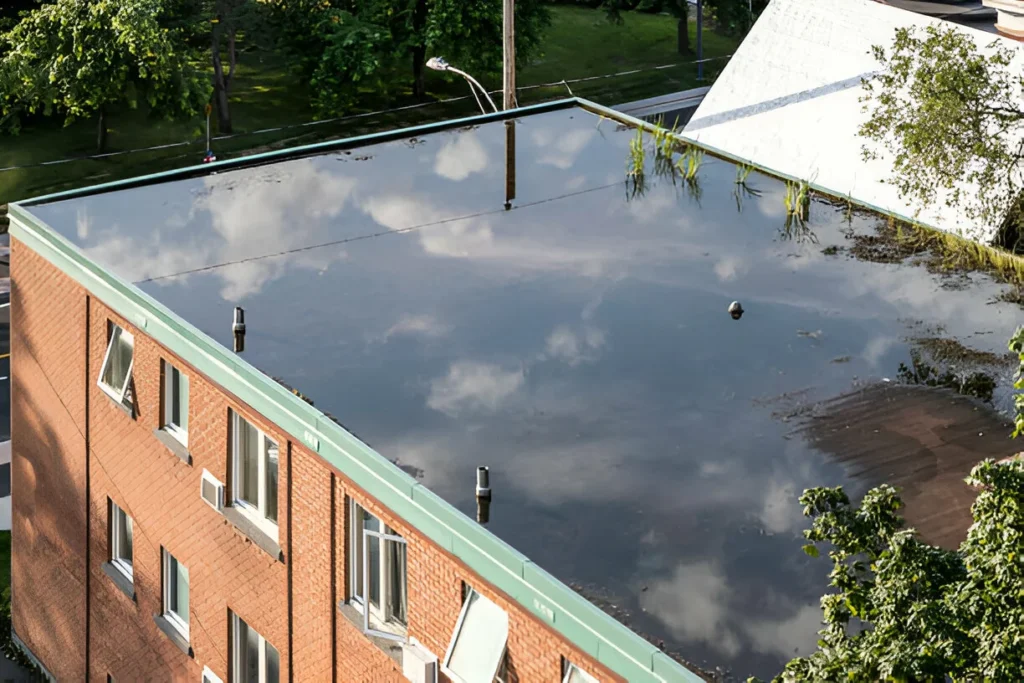
Step 1: Find the Leak
Move carefully onto the flat roof surface. Proceed with slowness while
choosing shoes made for safety.
Look for:
Wet or soft areas
Bubbles or raised spots
Cracks or little holes
The leak inspection should move toward interior spaces once
you cannot locate it from the rooftop. The location of ceiling water stains
will direct your roof assessment.
Step 2: Clean the Area
Clean the area where the leak is located after you identify its source.
Prepare the leaky area by using your broom or cloth to remove
dirt together with dust, leaves, and water. A dry clean area needs to
be available for work.
Wet or dirty conditions will result in a poor seal of the patch.
Step 3: Cover the Leak
You should address the leak at the moment. If you have roof tape:
Apply the tape piece on top of the leaking area until it sticks securely.
When working with roof sealant also known as glue you can proceed.
To prevent risks apply the sealant material across an area larger than the actual leak.
Step 4: Let It Dry
Now you wait. Let the patch dry completely. To determine the drying
period, reference the bottle or tape package information. It might
take a few hours. You should avoid walking on the drying patch.
Step 5: Test the Repair
The testing phase begins when the patch has dried completely.
Add small amounts of water to the covered area.
Watch closely:
The leak has been successfully fixed when water remains on top as the
opening does not let any water pass through.
The leak might still occur so you should apply additional sealant and
double up the tape layers.
When to Call a Professional
A professional needs to be contacted whenever a leak becomes significant
or keeps recurring.
The roof is very old
You see more than one leak
The roof conditions force you to avoid climbing up to your rooftop.
Straight Path Construction will provide prompt safe flat roof repair
services. Our company is dedicated to roofing service combined with
absolute concern for protecting your home.
Final Thoughts
The process of fixing a flat roof leak remains straightforward. You
need to discover the leak source before cleaning the affected area with roof
tape or sealant for coverage until it dries with water leak testing. After application
wait for complete drying then verify its success by water inspection. The
repairs and maintenance prevent household water infiltration. Big leaks
along with confusing repair situations require you to contact a roofing specialist.
Straight Path Construction provides professional roof fixing services to
protect your residence from water damage. Minor roof leaks that receive early
detection and repair treatments end up saving both cash and future difficulties.
